|
|
|
Книги Cook Guy

|
A groundbreaking reconsideration of translation in English language teaching, this book is a survey and critical assessment of arguments for and against translation in different teaching contexts. This book proposes translation as one of a number of ways of relating English to students own languages. It surveys the contexts of monolingual and bilingual teaching and discusses the different uses and roles of translation and bilingualisation for different stages and ages of learning and for different purposes, e.g. explanation, practice, and testing. Establishing a new direction in practice and research, it goes on to suggest and discuss ways in which translation might be incorporated into materials, curriculum development, and teacher education. The book presents translation as: An aid to language acquisition, pedagogy, and testing. A contribution to student needs, rights, and empowerment. An educational insight into relationships between languages and cultures. |

|
Studies in honour of H G Widdowson. Principle and Practice in Applied Linguistics provides a comprehensive overview of the many and diverse areas in applied linguistics today. The papers range from second language acquisition to discourse analysis, corpus lingustics, and classroom practice; together they emphasize the reciprocal relationship of principle and practice, and the interdisciplinary nature of applied lingustics. |

|
This book has two related purposes. The first is to demonstrate the extent and importance of language play in human life; the second is to draw out the implications for applied linguistics and language teaching. Language play should not be thought of as a trivial or peripheral activity, but as central to human thought and culture, to learning, creativity, and intellectual enquiry. It fulfils a major function of language, underpinning the human capacity to adapt: as individuals, as societies, and as a species. |

|
This work investigates real-world problems involving language. As such it has the difficult task of mediating between academic expertise and lived experience, attempting to reconcile opposed interests and perspectives. This clearly written introduction provides a concise but comprehensive overview of the most pressing and controversial issues surrounding contemporary language use today, including intercultural communication, political persuasion, new technologies, the growth of English, language in education and foreign language teaching and learning. |
|